About Major Economics In Turkey
About Major Economics In Turkey
The Requirement Economics In Turkey
Frequent Question Economics In Turkey
Apply Now!
University Available Economics In Turkey
About Major Economics In Turkey

An overview of Economics:
Economics is a social science that studies how limited resources are distributed among the needs of the individual and society and how decisions are made regarding the production, distribution, and consumption of goods and services. Economics deals with a wide range of topics including supply and demand for goods and services, prices, production, distribution, economic growth, employment and unemployment, inflation, international trade, governments' economic policies, investment and finance, international economics, and other economic aspects.
Economics includes several sub-fields, such as macroeconomics, which deals with the economy as a whole and examines economic growth and general economic conditions, quantitative economics, which uses mathematical and statistical methods to analyze economic data, and behavioral economics, which studies the behavior of individuals and companies in making economic decisions. Understanding the economy and the forces that influence it helps in making better personal and economic decisions and contributes to the development of economic policies that promote economic growth and prosperity.
The history of economics has evolved over the ages, with ancient times witnessing an interest in agriculture and trade, while in the Middle Ages, agricultural and commercial economic systems developed. Then in the modern era came the industrial revolution in the eighteenth century, with the emergence of the ideas of classical economics. In the twentieth century, new theories arose, structural and technological transformations emerged, leading to the formation of the modern economy and the accumulation of technological innovations in the modern era led to the increase of technology and international trade. It continues to evolve with the transformations of the modern era and the effects of globalization on global economies.
The economy plays an important role in directing government policies and making personal and business decisions including standard of living, employment, and business, and balancing needs and resources. Economic decisions are affected by many factors such as supply and demand, technology, demographic changes, world events, fluctuations in financial markets, and government laws. Economists also use theoretical and statistical models and tools to analyze economic phenomena and guide decisions to make the most of available resources.
Why study Economics in Turkey?
If you are planning to study economics, Turkey will be one of the best educational opportunities for you, given the progress in Turkish research in this sector. Turkish universities are keen on the quality of the educational curriculum to comply with international standards. Universities are also exploited
All its potential to serve the requirements of the economics major to ensure students excel in their educational and professional lives.
Here are some reasons why students may choose to study in Turkey for this major:
- Prestigious universities: Turkey includes many well-known and internationally accredited universities that are leading research centers in the field of economics. Private universities invest in modern infrastructure and advanced equipment to support research and development in this specialty.
- Highly skilled faculty members: They have the ability to research and design new economic applications, methods and models. In addition to analyzing the latest updates in the development of economic systems.
- Cultural and social diversity: Turkey is a country that combines tradition and modernity, and between East and West, and a diverse cultural experience is available among international students studying in Turkey.
- Research and innovation environment: Dynamic programs adapted to recent changes and developments in the sector. Economics and technological research, and this creates a suitable environment for studying economics and innovation in this discipline.
- Reasonable cost of living: Compared to some other countries, Turkey offers a reasonable cost of living, making it an attractive destination for international students.
Overall, Turkey offers an exciting and attractive environment for studying in the field of economics, and is increasingly popular among international students researching this major.
Skills needed to study Economics?
The study of economics requires a wide and diverse set of skills to ensure a comprehensive and effective understanding of economic concepts and the ability to analyze challenges and make intelligent decisions on economics-related topics. Here are some skills needed to study economics:
- Analytical thinking: Being able to analyze economic conditions and information logically and understanding causal relationships and economic results.
- Research ability: Being able to find reliable sources of economic information, obtain economic data, and examine the data effectively.
- Effective writing: Being able to express Express ideas clearly and logically and analyze clearly and concisely through writing.
- Effective communication: Being able to speak and listen effectively, whether through writing or speech, and to simplify complex economic concepts and communicate effectively with the audience.
The average annual salary for beginners to a major is Economics $78,000
The Requirement Economics In Turkey
Passport
Personal photo
Toefl
High school diploma
High school transcript
Frequent Question Economics In Turkey
What is Economics?
Economics is the branch of social science that studies how to efficiently distribute limited resources to satisfy valued human needs and wants. Economics involves the study of the production, distribution, and consumption of goods and services. Economic concepts range from theories about how prices are formed and how economic decisions are made to the study of the influence of government and economic policies. Economics also deals with the interactions between various factors that affect the economy, such as supply and demand, economic efficiency, employment, inflation, and other economic issues. Economics is diverse in its fields, as it can be divided into macroeconomics, which deals with the entire national economy, monetary economics, which deals with the financial and monetary system, and international economics, which studies the interactions between countries.
What is the importance of Economics?
The economy forms a vital fabric in daily life and plays a decisive role in shaping the future and guiding life decisions. Economics deals with the management of limited resources to meet increasing needs, and its development contributes to achieving stability and improving the quality of life. The economy provides a framework for meeting basic needs. By providing basic services and employment opportunities, the economy enhances the production of basic goods and services, such as food and housing. The economy encourages innovation and technological progress by stimulating competition and providing a supportive environment for research and development. The market stimulates companies to develop new products and services, improving production efficiency, developing new industries and providing new solutions to economic challenges.
What is the aim of Economics?
The economy aims to achieve an effective distribution of wealth in society, which reduces economic and social gaps and promotes equality between different groups in society. It plays an important role in achieving the economic development of countries. It improves infrastructure and the provision of public services such as education and health, which contributes to improving the quality of life. The economy contributes to achieving price stability and sustainable economic growth. Economic stability shows a positive impact on confidence and investment, creating a stable economic environment, where individuals and businesses can plan for the future with confidence.
What is the history of Economics?
The history of economics is long and complex, and can be divided into several historical periods that witness the development of economic ideas and the development of economic systems. It has witnessed great development over the ages. Here are some important quotes about the history of economics:
- Antiquity: In this era the emphasis was on agriculture and trade. The trade in agricultural materials played a major role, as the economy relied heavily on it.
- middle ages: In this era, the economy was characterized by rural character and trade between cities and countries. Attention was turning to the agricultural and commercial economic systems in Europe, and simple capitalism began to emerge.
- Modern times: With the beginning of the Industrial Revolution, there was a huge transformation that changed technology and the way goods were produced, and ideas in classical economics also emerged. The nineteenth century saw a major development in capitalism with increased industry and international trade. Periods of economic depression and social tensions emerged.
- Twentieth century: The twentieth century witnessed greater economic integration between countries, and modern economic structures and theories emerged with increased emphasis on the role of government in economic regulation.
- Post-World War II period: After World War II, many countries experienced tremendous economic growth in international trade systems, especially with an emphasis on the reconstruction and development of industries.
- The modern era: In recent decades, the emphasis on technological innovation has increased. The rapid development of technology and innovation has been associated with important changes in economic structures and production methods, and the pace of globalization has accelerated, leading to a deeper integration of global economies.
These are just a few excerpts from the broad and complex history of economics. The history of economics reflects social, technological and political changes over the ages, with historical events and economic developments having varying influences on our understanding of how the economy works and is shaped.
University Available Economics In Turkey

Istinye
Language
English
Tuition fees (Schedule)
$5000


Bahçeşehir
Language
English
Tuition fees (Schedule)
$8500


Istanbul Bilgi
Language
English
Tuition fees (Schedule)
$5032


Kadir Has
Language
English
Tuition fees (Schedule)
$6000
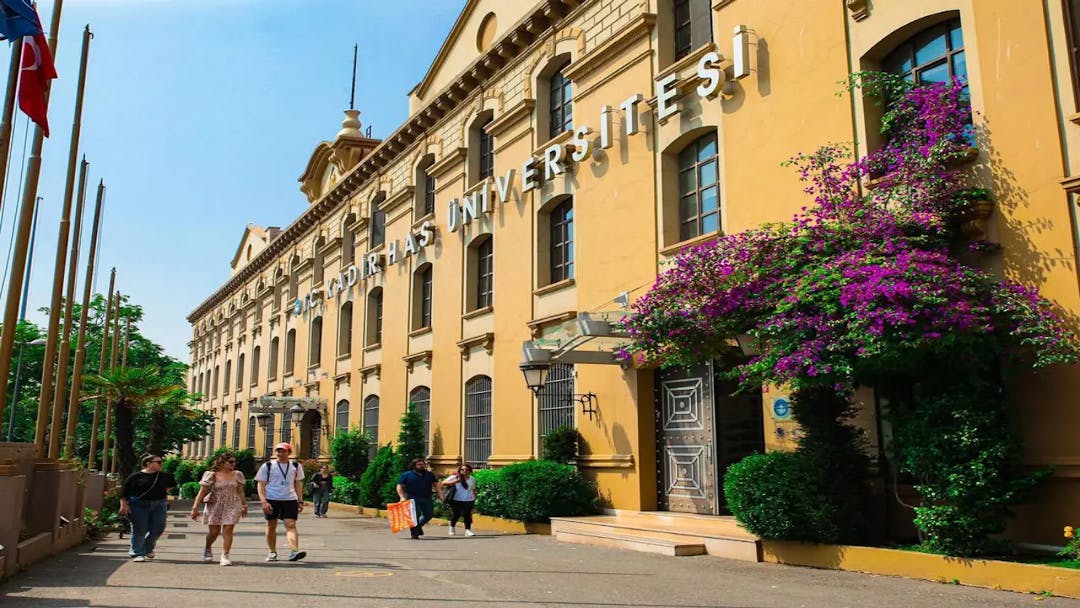

Ozygin
Language
English
Tuition fees (Schedule)
$10800
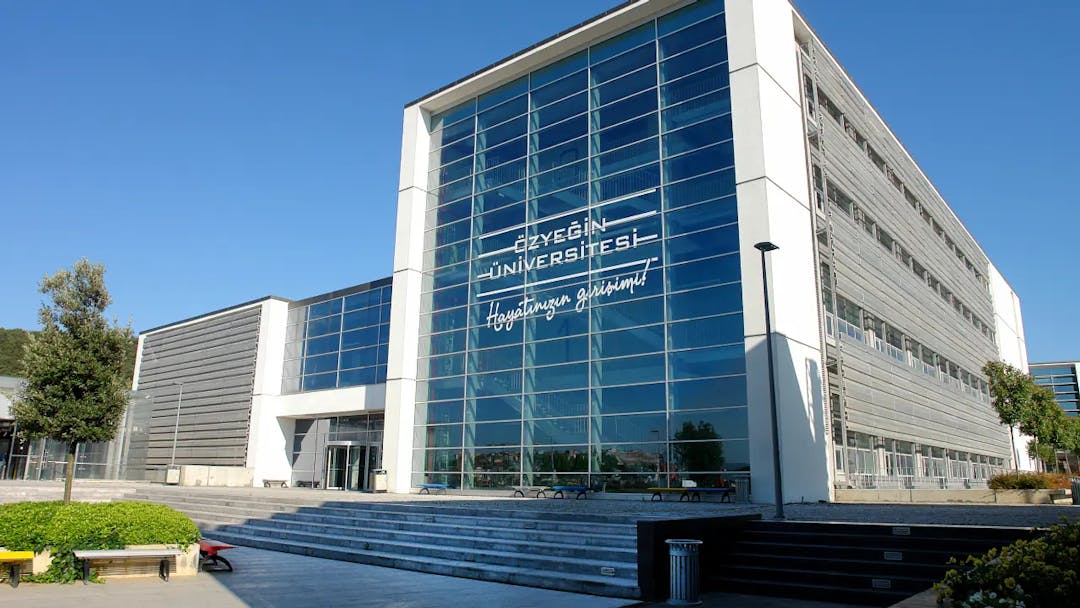

Atilim
Language
English
Turkish
Tuition fees (Schedule)
$5500
$5500
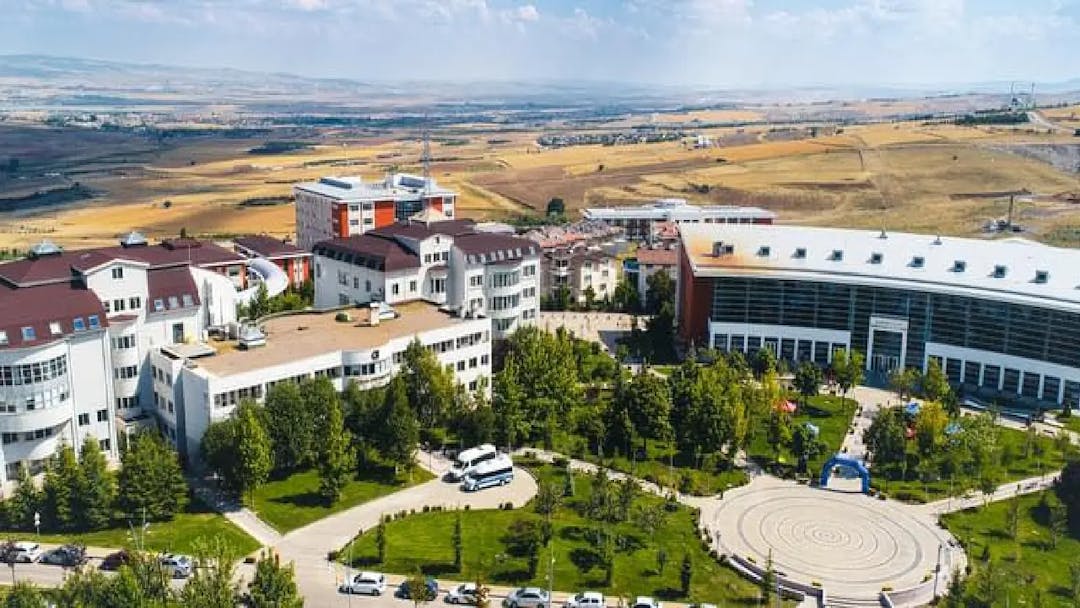

Altınbaş
Language
English
Tuition fees (Schedule)
$3500
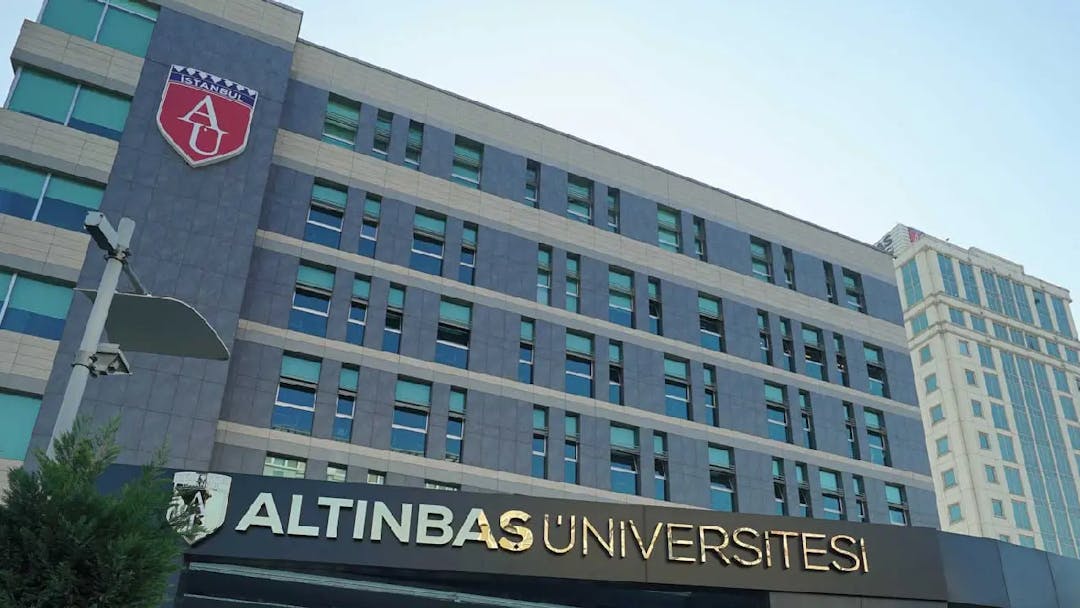

Işık
Language
English
Tuition fees (Schedule)
$3600


Hasan Kalyoncu
Language
Turkish
Tuition fees (Schedule)
$0
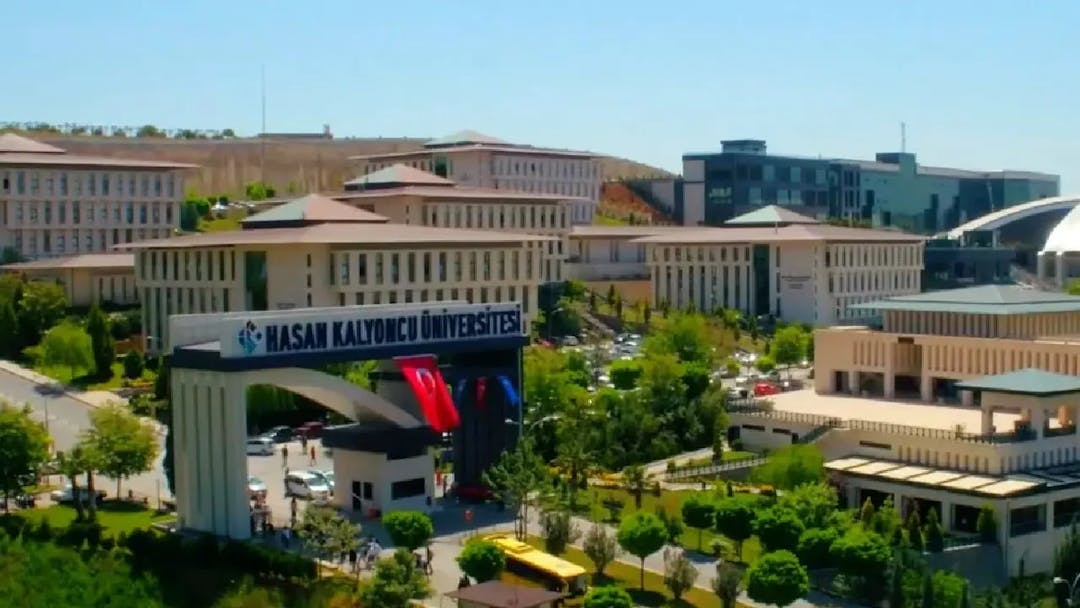

Istanbul Topkapı
Language
Turkish
English
Tuition fees (Schedule)
$2250
$3250
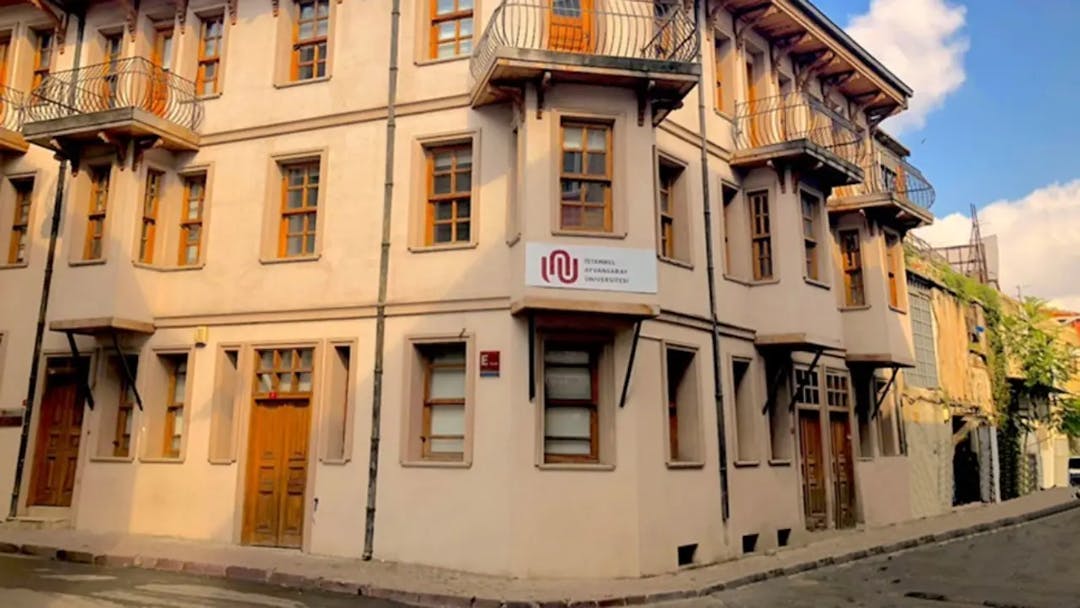

Antlya Bilim
Language
English
Tuition fees (Schedule)
$2905
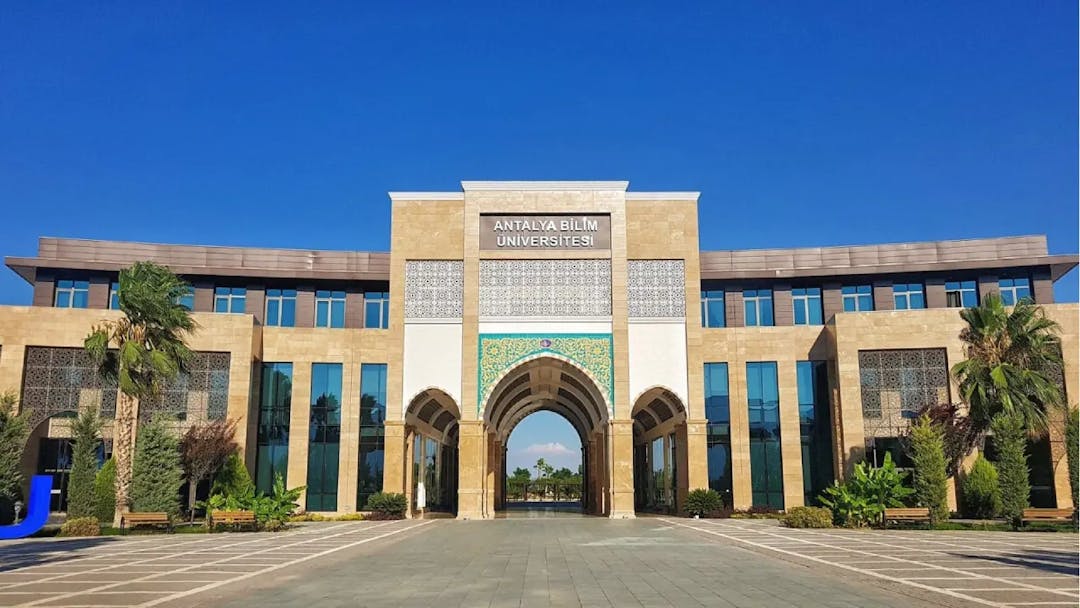

Istanbul Ticarret
Language
English
Turkish
Tuition fees (Schedule)
$7000
$6000
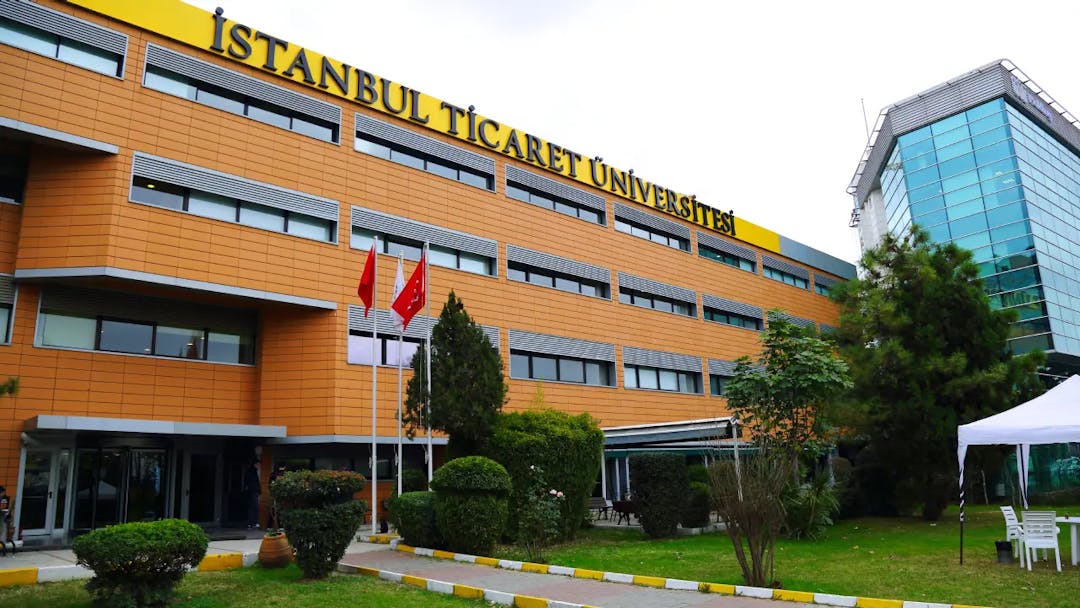

Istanbul Kultur
Language
Turkish
Tuition fees (Schedule)
$2125
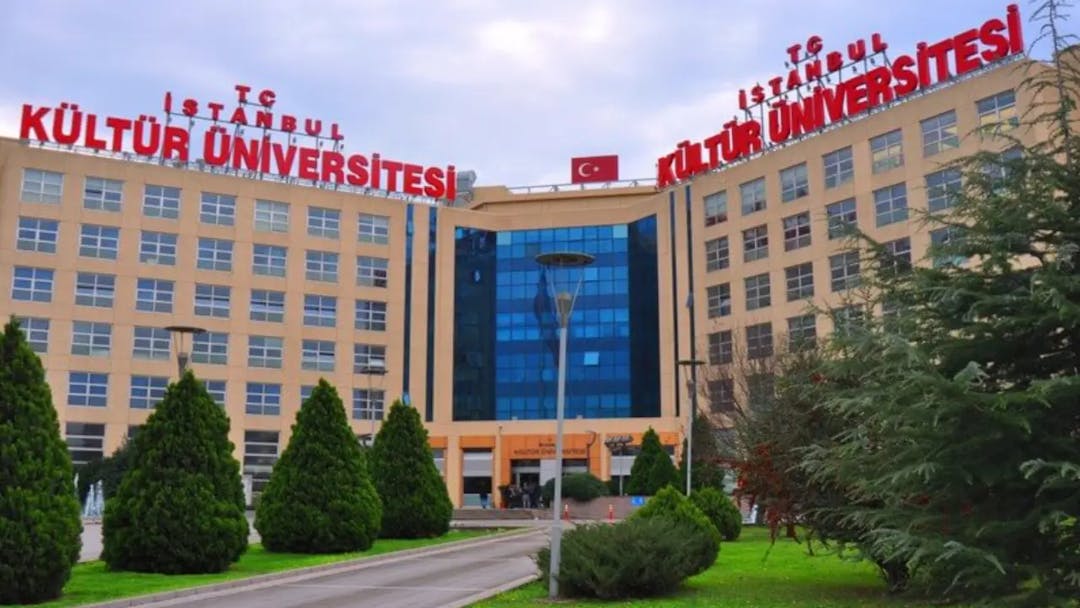

Yeditepe
Language
English
Tuition fees (Schedule)
$0
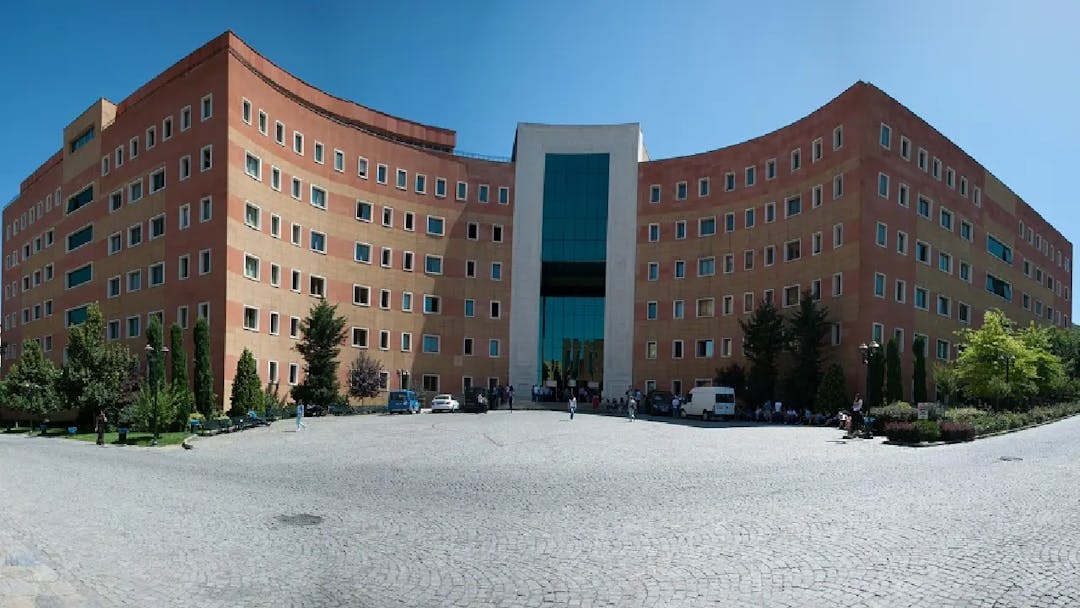
| University | Language | Tuition fees (Schedule) |
|---|---|---|
| Istinye | English | $5,000 |
| Bahçeşehir | English | $8,500 |
| Istanbul Bilgi | English | $5,032 |
| Kadir Has | English | $6,000 |
| Ozygin | English | $10,800 |
| Atilim | English | $5,500 |
| Atilim | Turkish | $5,500 |
| Altınbaş | English | $3,500 |
| Işık | English | $3,600 |
| Hasan Kalyoncu | Turkish | - |
| Istanbul Topkapı | Turkish | $2,250 |
| Istanbul Topkapı | English | $3,250 |
| Antlya Bilim | English | $2,905 |
| Istanbul Ticarret | English | $7,000 |
| Istanbul Ticarret | Turkish | $6,000 |
| Istanbul Kultur | Turkish | $2,125 |
| Yeditepe | English | - |




